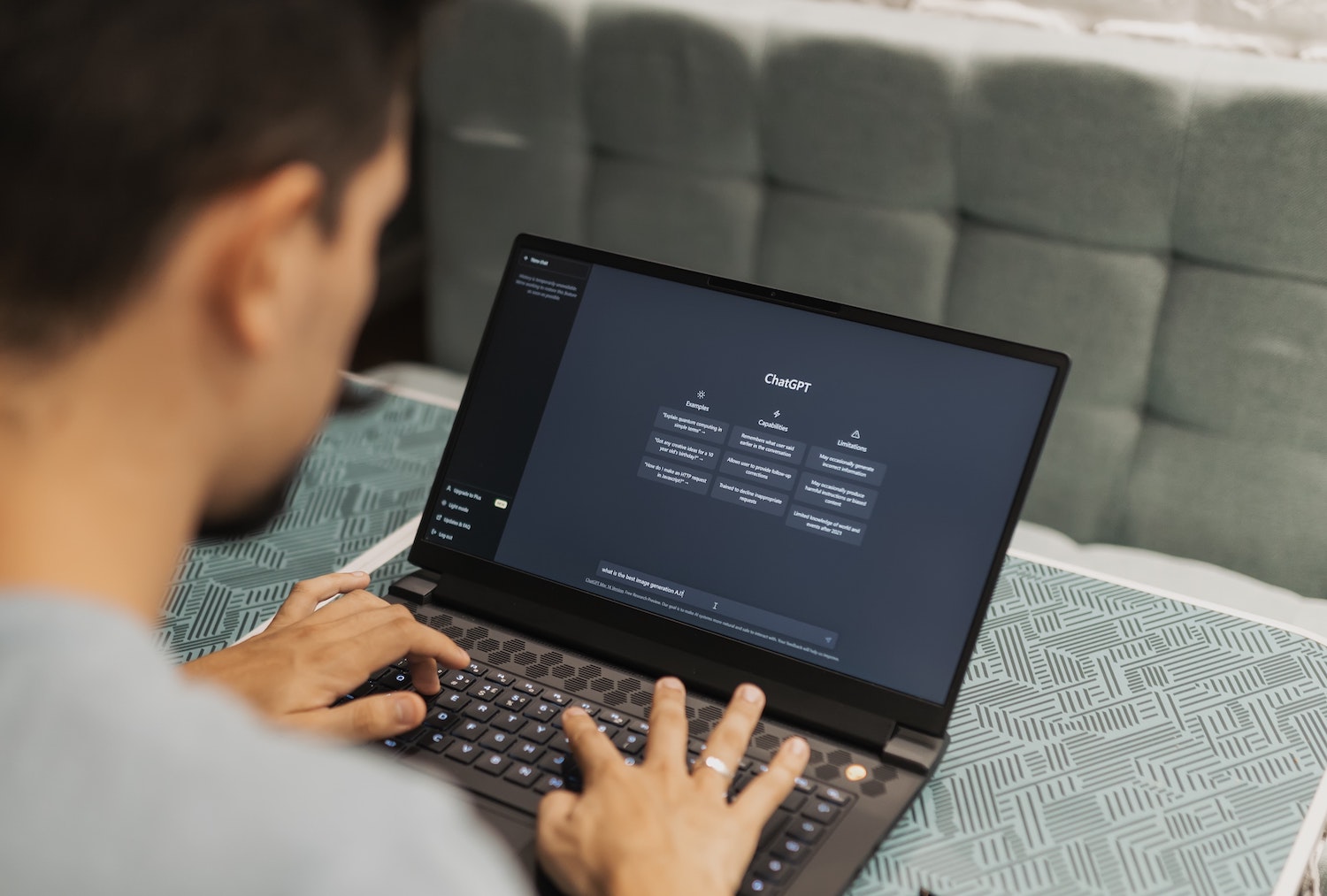
Your Guide to Confronting AI Driven Plagiarism through Simulations
In an era dominated by technological advancements, the educational sector is undergoing a major transformation.
In 2023 this transformation revolves around the shifts in learning and assessment in an AI age.
While there is no doubt that AI can be used to enhance the education experience, it has also given rise to new challenges in the form of maintaining academic integrity in a period of AI-driven plagiarism.
Students can generate essays, reports and assignments in a matter of minutes with the latest AI tools, raising questions about the overall learning experience, and the authenticity of the work submitted.
Educators face a battle in discerning between AI-generated work and genuine student submissions.
Many tech savvy students aim to stay ahead of the AI detection curve by actively running assignment drafts through University AI detection tools, and subsequently paraphrasing tools to present greater levels of originality and authenticity to their work.
The traditional essay assessment model is facing never-ending authenticity challenges.
The primary application of essay exercises is to assess the students’ knowledge level of a topic. Any obstacle that deters from this objective brings into question the viability, and effectiveness of the assessment method.
Simulations present a compelling response to the rising tide of AI-driven content and plagiarism within education.
Simulations offer immersive and interactive learning experiences whereby students engage with real-world scenarios, and also the opportunity to grade students in association with their performance in meeting their simulation objectives, both individually and as a team.
Our Digital Marketing Simulation sees Educators typically choose from one of the simulation assessment models:
- Assign a score based on how well students meet the primary simulation performance metric. Students are tasked with maximizing return-on-ad-spend (ROAS) over a set number of simulation rounds, and assigned a grade based on the performance output.
- Apply a grade based on the performance across multiple simulation dimensions such as ROAS, landing page and email marketing campaign performance, completed post-round reflections, the number of decisions made etc. These dimensions should be customisable based on Instructor preferences.
- Assess based on a post-simulation presentation, whereby groups discuss their objectives, implementation strategies, challenges, individual contributions, and if they achieved their desired result.
Creating a learning environment that demands critical thinking, ethical decision-making and practical application transcend the allure of AI driven shortcuts.
Simulations offer this outlet, and more, in an education landscape that continues to evolve.
Considering a simulation for your digital marketing course?
Register for a free digital marketing simulation demo and see why Universities, Schools and Learning Providers globally trust our simulation solutions.

